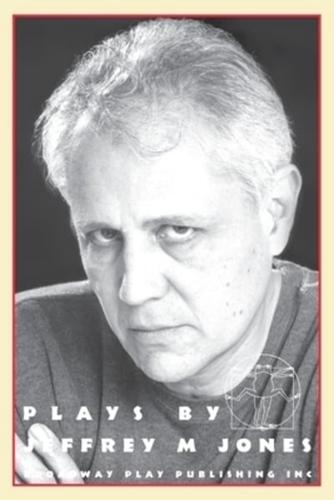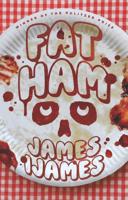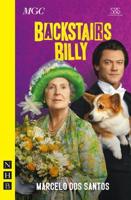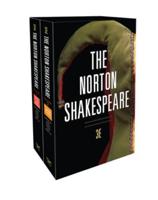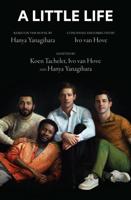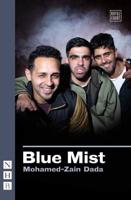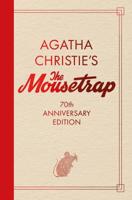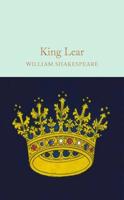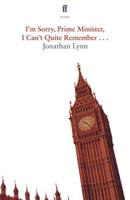Publisher's Synopsis
"Jeffrey Jones' plays seem to take place under a strobe light: brilliant flashes of deflated pop culture icons that slowly accumulate into a bitter satire of the emptiness and loneliness of our culture. They are imaginary fun houses with real monsters lurking in the crooked corners. They are also usually sharply paced and sleekly designed.... The good qualities of Jones' work are amply displayed in his latest post-modern vaudeville, THE ENDLESS ADVENTURES OF M C KAT, OR HOW THEY GOT FROM A TO B. It's a lively concoction....
The kaleidoscopic plot interlaces several strands. The title character is a naughty little mongoose-like character with a squeaky voice portrayed by a stuffed animal--one of the many anti-illusionist jokes is that he hates being called a stuffed animal. The framing plot involves a playwright (all-too-self-consciously named Big Dick) wandering a small town in search of M C. All sorts of commentary about the longing for artistic, religious and other types of transcendence is thrashed about. About the way we encounter a myriad of redneck types, from a lost sportscaster to a fat fundamentalist to a manic doctor who screams lectures at us about the value of stress reduction.
As usual in Jones' work, moment-to-moment the humor is bristling...."
Robert Massa, The Village Voice
"...TOMORROWLAND is a verbal collage; its dialogue, says a program note, 'was constructed from source material all dating from the year 1950'. Movies, T V game shows, advertisements, H-bomb descriptions, the Fuchs spy trial, Korean war reports, and McCarthy's charges of communism in the State Department are the found objects from which Jones sculpts his ominous image of American anxiety. Three interweaving plots--a western in which Jimmy Ringo hunts down an outlaw, a sci-fi thriller about extra-terrestrials spying on earth, and a family sitcom--depict the exuberant optimism of the American Dream at the advent of frozen orange juice, television and suburbs.."
Alisa Solomon, The Village Voice
"...There's clearly a lot of play in this play, but Jones takes it far beyond the parlor game of spin the radio dial. His intertwining narratives are intelligent and insightful without losing the ironic wit and sense of play at the theatrical heart of the work.... Jones' work deals insightfully with the way language is misappropriated and used to create illusions... Jones has created an interesting arena for contemplating the often illusory ways we perceive our world."
Mike Steele, Minneapolis Star & Tribune
